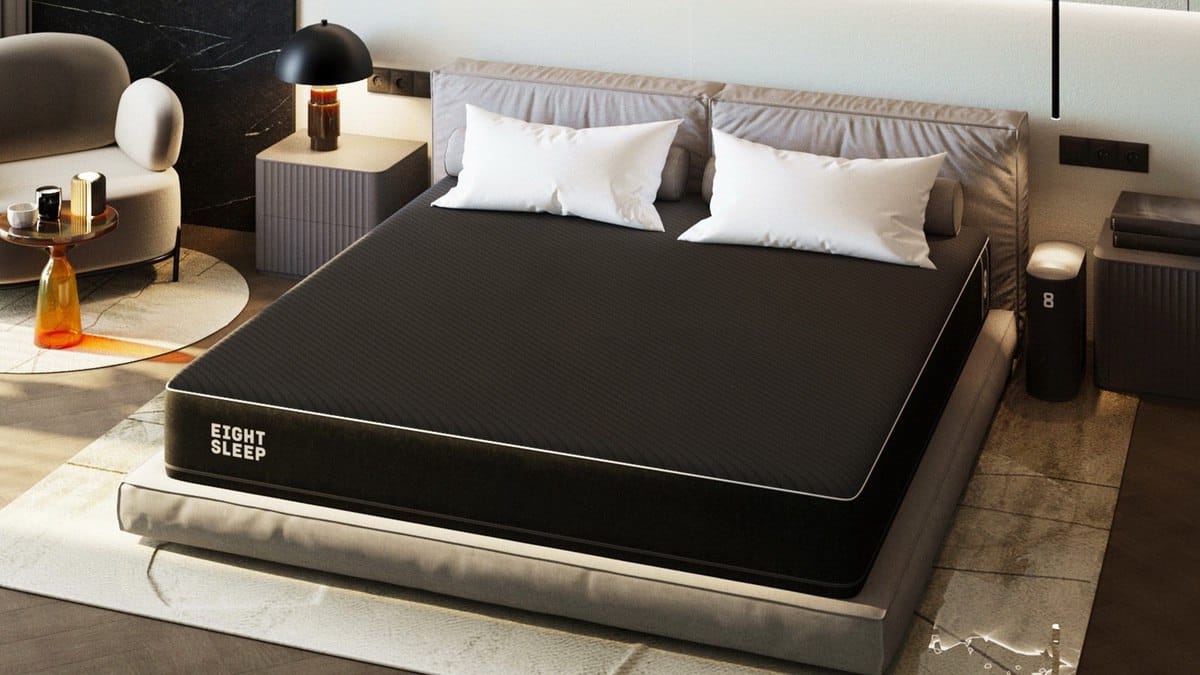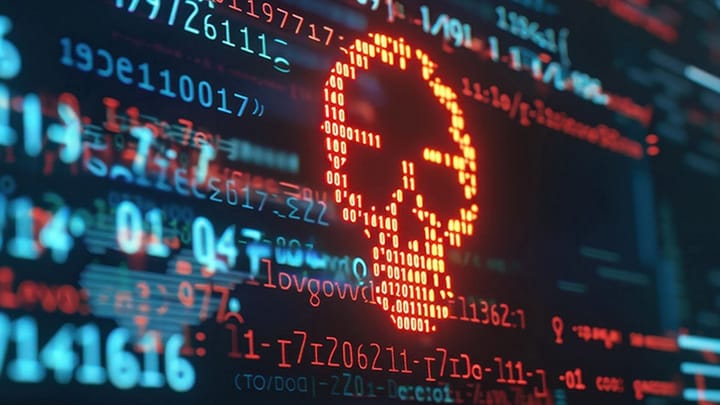AWS Outage Exposes Critical Flaws in Eight Sleep's Cloud-Dependent Smart Beds

When Amazon's servers failed, thousands of customers found their $5,000+ mattresses locked in uncomfortable positions—or dangerously overheating
This week's massive Amazon Web Services (AWS) outage didn't just disrupt banking and airline operations—it turned premium smart mattresses into what users are calling "expensive bricks." Eight Sleep customers, whose systems cost upward of $5,000, found themselves trapped in elevated beds, roasting under malfunctioning temperature controls, or locked out of basic functions entirely.
The incident has exposed a troubling vulnerability in the growing smart home ecosystem: complete cloud dependency with no local fallback.
When the Cloud Goes Down, So Does Your Bed
The AWS US-EAST-1 cluster failure cascaded across thousands of internet services globally. While Lloyds and Halifax customers couldn't access their bank accounts and United Airlines grounded check-ins, Eight Sleep owners faced a different crisis—they couldn't control their own beds.
Eight Sleep markets itself as a premium smart sleep system starting at $2,700 for the Pod cover and control hub, which pairs with customers' existing mattresses. The full system, including an adjustable base with biometric sensors and heating/cooling capabilities, runs several thousand dollars more. Access to core features requires a mandatory subscription ranging from $17 to $33 monthly—$199 annually for the base tier.
The catch? Every function relies entirely on cloud connectivity. No servers, no sleep.
Customers Report Safety Concerns
On the r/eightsleep subreddit, affected users described scenarios ranging from inconvenient to potentially dangerous.
"It turns out that when my internet goes out, my bed goes on strike," wrote one user. "A little outage and that's it, no position changes even manually. Maybe give people some leeway before their $5,000 bed locks into an ergonomic sitting position? An AWS attack or a couple-hour internet outage shouldn't take my bed out of commission."
Others reported more alarming experiences. Several customers said they woke in pools of sweat, unable to adjust temperature controls. Some were kept awake for hours by beds stuck in elevated positions. Even basic alarm functions failed.
"Cloud-only is unacceptable," another user said bluntly. "It's 2025. There's no reason for an internet or AWS server outage to affect the sleep of your entire customer base, especially given the price of your product."
The Design Flaw: Physical Buttons That Need the Internet
Perhaps most frustrating for users: Eight Sleep devices include physical buttons, but these controls still require internet connectivity to function. There is no true offline mode—a design decision that has sparked criticism about both safety and consumer rights.
"I'm just horrified that I've inextricably linked my sleep, and therefore my health, to the reliability of a cloud provider," one user wrote.
Company Scrambles to Deploy Offline Mode
Following the backlash, Eight Sleep CEO and co-founder Matteo Franceschetti issued an apology on X and announced the company is implementing an offline mode that allows Bluetooth-based control when servers are unavailable.
"During an outage, you will be able to open the app, turn the Pod on or off, change the temperature level, and lower the base," Eight Sleep representatives told The Verge.
But the reactive response raises questions: Why wasn't local control available from the start? This wasn't Eight Sleep's first outage, and users regularly experience their own internet connectivity issues independent of AWS failures.
The Bigger Fear: Product Obsolescence
Beyond temporary outages, customers are voicing concerns about long-term viability. If Eight Sleep ceases operations, will these multi-thousand-dollar sleep systems become permanently unusable?
"When ES eventually goes bankrupt, our Pods will turn into bricks," one Reddit user noted. "The fact that the Pod can't be controlled without the internet is just a nightmare. I wish I had known this before buying."
Users Take Matters Into Their Own Hands
Some Eight Sleep owners didn't wait for the company's solution. An active jailbreaking community has emerged on Discord, with development projects hosted on GitHub that reverse-engineer local control.
"Allows complete control of the device without needing an internet connection," reads one repository description. "If your internet goes out, your Pod WILL NOT SHUT DOWN, it will continue to operate."
The existence of this community underscores a growing tension in the smart home market: Should consumers who purchase expensive hardware be forced to rely on manufacturers' servers indefinitely? And should they need to jailbreak their own devices to ensure basic functionality?
A Wake-Up Call for IoT Design
The Eight Sleep incident highlights critical questions about IoT security architecture and consumer protection:
- Should smart home devices with safety implications require always-on cloud connectivity?
- What fallback mechanisms should be mandatory for products controlling sleep environments?
- How should companies handle the risk of rendering expensive hardware obsolete?
As more aspects of our homes become "smart," the Eight Sleep outage serves as a cautionary tale about the hidden dependencies embedded in our connected devices and the risks of surrendering control to the cloud.


